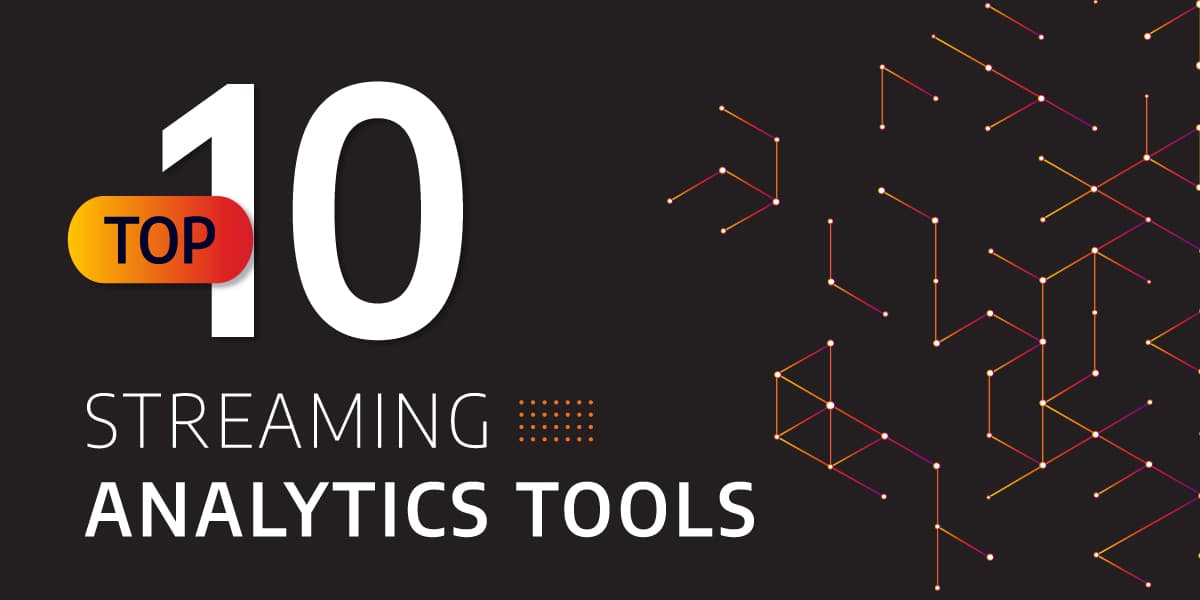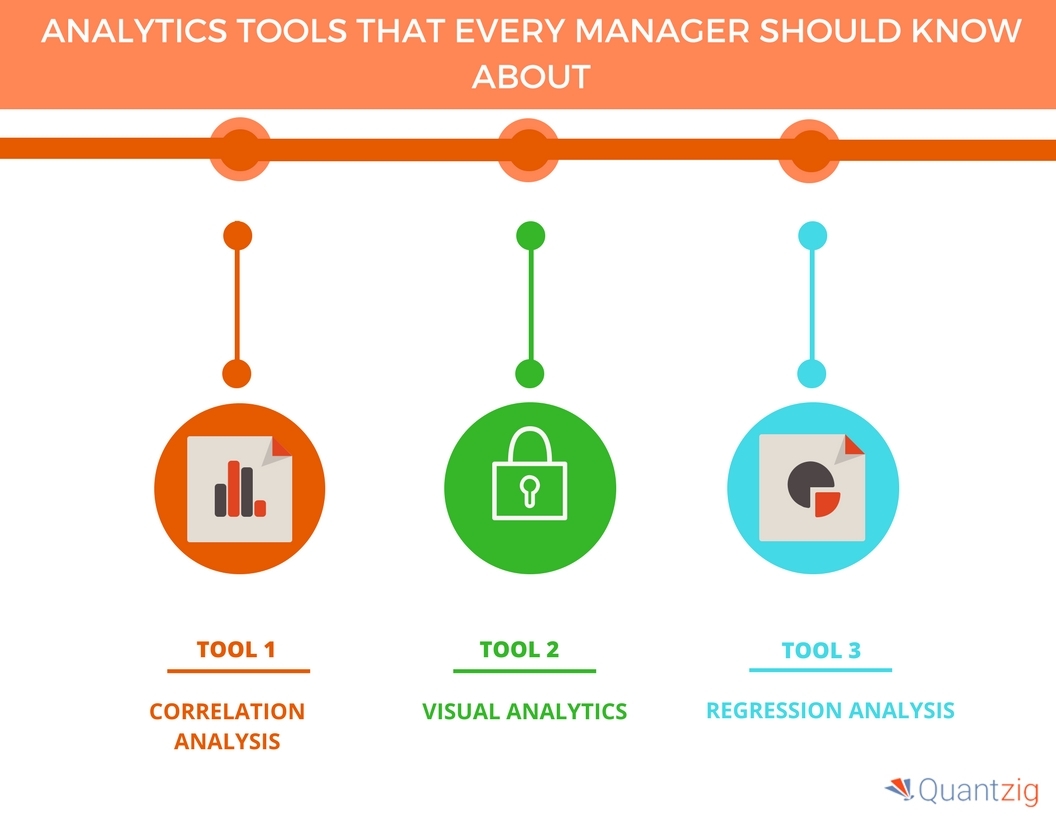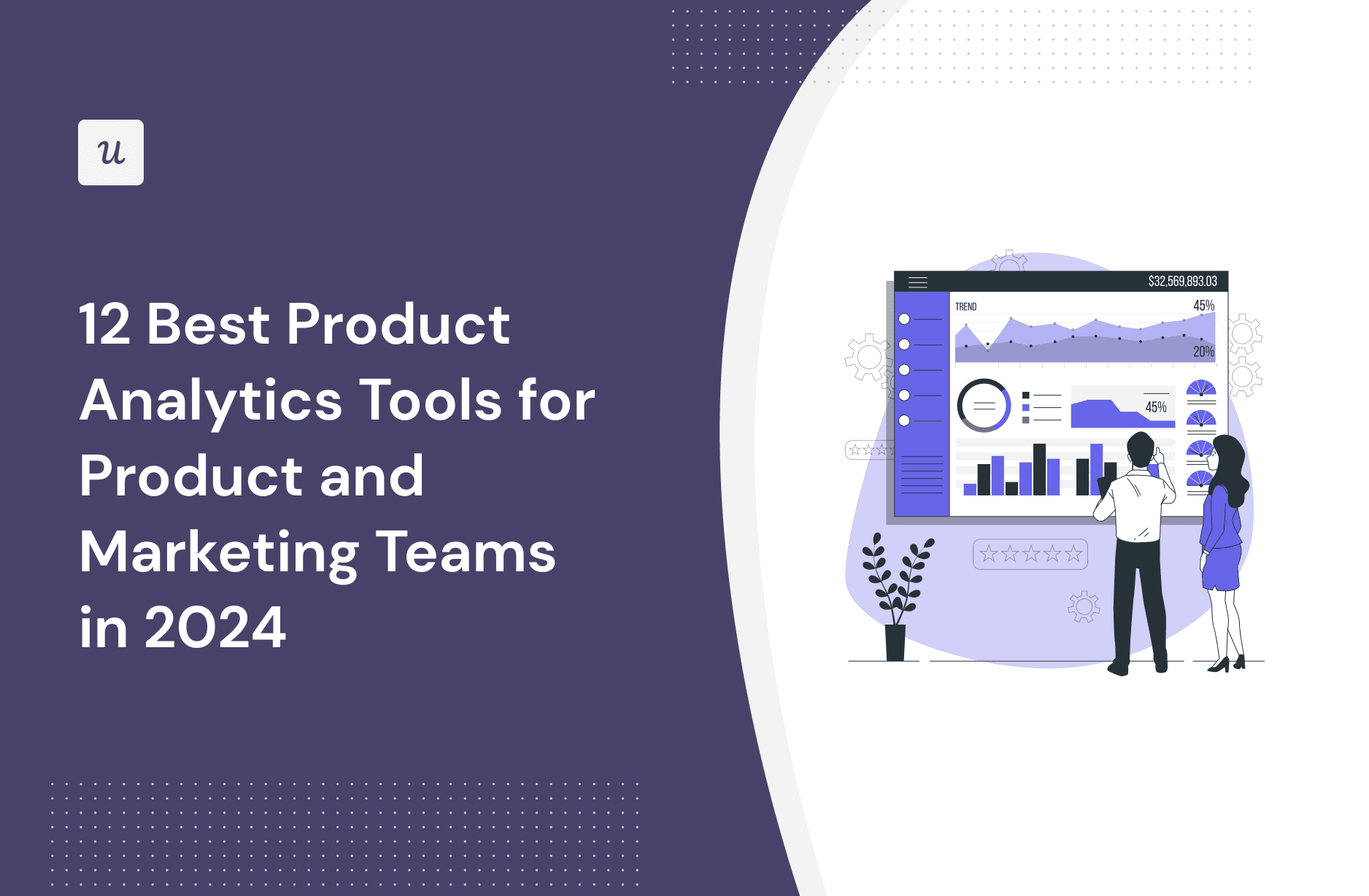Improve Consumer Recognizing with Targeted Analytics Models
Improve Consumer Recognizing with Targeted Analytics Models
Blog Article
Make Best Use Of Growth: How Analytics Drive Better Approaches
By utilizing information understandings, businesses can fine-tune their operational methods, expect market adjustments, and enhance client involvement. The challenge lies not only in gathering data but in efficiently interpreting it to drive substantial end results.
Understanding Data Analytics
Data analytics is a systematic computational analysis of information that enables organizations to uncover meaningful patterns and understandings. This process encompasses a variety of techniques, including analytical evaluation, anticipating modeling, and information mining, which jointly intend to change raw data right into workable details - Analytics. By using these techniques, organizations can make informed choices that are rooted in empirical proof as opposed to intuition alone
The foundation of information analytics hinges on its capacity to take care of large quantities of info from diverse sources. This consists of structured data, such as databases, and unstructured information, consisting of social networks interactions and customer feedback. Via the usage of specialized software application and devices, experts can draw out and process this information effectively, recognizing patterns and relationships that may not be promptly noticeable.
Recognizing data analytics also entails acknowledging the value of data quality and honesty. Precise and trusted data is crucial for purposeful analysis; therefore, companies should implement durable data administration methods. Furthermore, the repetitive nature of analytics permits continual refinement and renovation of methods, ensuring that companies remain agile despite altering market characteristics and consumer habits.
Trick Advantages of Analytics

Among the key benefits of analytics is its ability to offer workable understandings. Organizations can swiftly assess substantial quantities of information, revealing patterns that might not be quickly apparent. This helps in anticipating market shifts and adapting methods accordingly. In addition, analytics promotes a society of evidence-based decision-making, decreasing reliance on intuition and uncertainty.
An additional considerable benefit is enhanced consumer understanding. Analytics devices make it possible for organizations to sector their audience, track consumer actions, and individualize advertising and marketing efforts. This targeted method not just boosts client interaction but additionally drives greater conversion rates.

Implementing Analytics Approaches
To fully recognize the advantages of analytics, companies should adopt structured approaches for application. This starts with plainly defining goals that straighten with wider organization goals. By establishing details, measurable results, companies can focus their analytics initiatives on areas that generate the greatest roi.
Next, organizations must focus on data governance to make certain the integrity and safety and security of the data being examined. This entails establishing web link up protocols for data collection, storage, and gain access to while sticking to pertinent policies. Making sure high-quality data is important for producing purposeful understandings.
Furthermore, fostering a culture of data-driven decision-making is important. This needs training workers to analyze analytics findings and encouraging collaboration across departments. They are much more likely to integrate understandings right into their day-to-day procedures. when groups comprehend the value of analytics.
Lastly, companies must regularly assess and improve their analytics methods. The landscape of data and innovation is continuously evolving, and remaining versatile will permit organizations to take advantage of new devices and methods efficiently. By executing these organized approaches, companies can take full advantage of the impact of their analytics initiatives and drive lasting development.
Tools for Efficient Evaluation
Efficient evaluation click to read counts on look here a selection of tools that facilitate the removal of understandings from information - Analytics. These tools can range from easy spreadsheet applications to innovative maker learning platforms, each serving an unique purpose in the logical process
Information visualization software, such as Tableau and Power BI, plays an essential role in changing intricate datasets into reasonable graphical depictions. These tools make it possible for analysts to recognize patterns and fads rapidly, permitting for even more enlightened decision-making.
Analytical evaluation software program, like R and SAS, provides advanced capabilities for conducting in-depth analyses, including regression, hypothesis testing, and anticipating modeling - Analytics. These functions equip organizations to attract purposeful verdicts from their information, recognizing prospective opportunities and threats
In addition, data source management systems such as SQL and NoSQL data sources offer the necessary facilities for storing and inquiring large quantities of data effectively. They make certain that data is organized and available for analysis.
Lastly, company knowledge systems incorporate numerous information sources, supplying a detailed view of organizational efficiency. By making use of these tools efficiently, organizations can enhance their logical capacities, enabling them to create methods that maximize growth and boost general performance.
Instance Research Studies of Success
Effective companies often leverage information analytics to drive impactful approaches, as evidenced by a number of noteworthy study. One popular instance is Netflix, which uses innovative formulas to evaluate viewer preferences and habits. By employing these understandings, Netflix has actually efficiently customized its content recommendations, leading to raised individual interaction and customer retention. Their data-driven approach has certainly contributed to their standing as a leading streaming solution.

In addition, Starbucks employs data analytics to establish optimal store places and fine-tune its item offerings. By analyzing customer demographics and acquiring patterns, Starbucks efficiently determines high-potential markets and tailors its menu to local tastes, driving sales and consumer loyalty.
These situation studies illustrate that reliable use of information analytics can result in strategic benefits, fostering development and growth within companies throughout different markets.
Conclusion
In verdict, the assimilation of analytics into organizational strategies substantially enhances decision-making procedures and cultivates lasting development. The efficient implementation of analytics tools even more supports agility and technology, enabling organizations to navigate affordable landscapes with higher accuracy.
Data analytics is a methodical computational evaluation of information that allows organizations to reveal meaningful patterns and insights.Understanding data analytics additionally involves identifying the significance of data quality and integrity. Reliable and precise information is essential for purposeful analysis; hence, organizations have to execute durable information administration practices.Next, companies ought to focus on information governance to make certain the integrity and safety of the information being evaluated.Successful companies often take advantage of information analytics to drive impactful methods, as evidenced by several noteworthy situation researches.
Report this page